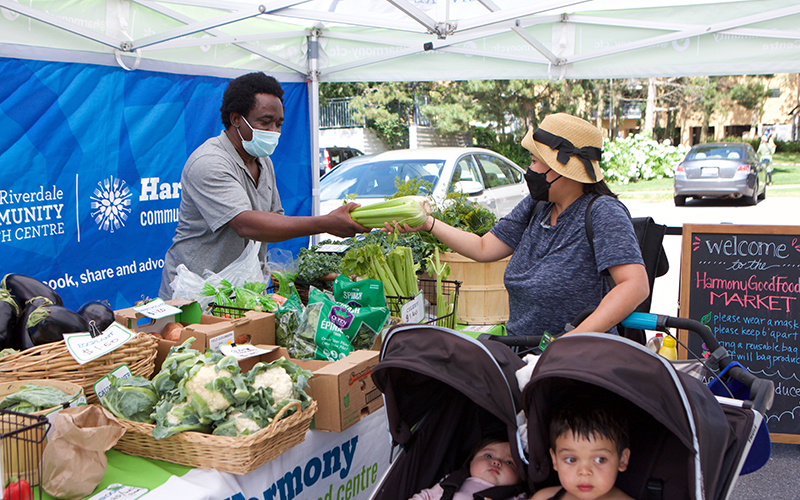
Compassion is a complex process that is innate, determined in part by individual traits, and modulated by a myriad of conscious and unconscious factors, immediate context, social structures and expectations, and organizational "culture." Compassion is an ethical foundation of healthcare and a widely shared value; it is not an optional luxury in the healing process. While the interrelations between individual motivation and social structure are complex, we can choose to act individually and collectively to remove barriers to the innate compassion that most healthcare professionals bring to their work
As health care professionals, compassion, along with individual and collective kindness are the foundations upon which we build therapeutic relationships, individual healing work, group-based personal development supports, and community-based health promotion and advocacy. Many come to work in community-based health care because they care. Sometimes caring for others can weigh very heavily on us after we have been in our roles for a while or when we are faced with difficult circumstances, like continuing to provide health services and supports during a pandemic. This is where we find ourselves at this moment in time. Over the past year, we have been revisioning new ways of engaging with the community-based health work we have been doing after 3 years of necessary but draining COVID-19 lockdowns and restrictions. Despite these challenges, our Community Health and Chronic Disease Teams have remained steadfast in their commitments to collective kindness.
At our Harmony Community Food Centre, we have been serving take-out meals for community members who are facing food access issues. The CFC staff are on a first-name basis with their clients and ensure to have a brief chat with each client to make sure that they feel welcomed, acknowledged and part of a community that cares about their well-being. Another example from our Senior’s Active Living Centres is that our staff always call participants who miss programs or who have said that they were sick to check in with them, and sometimes, our clients also call each other to make sure they are okay. We see this as acts of collective kindness, which builds a circle of care around those in the programs.
We often have the opportunity to work with clients whose first language is not English. Providers are sure to learn clients’ given names in their own languages, greetings and other phrases in the clients’ first language to help make a stronger connection. For our physiotherapist who has a dedicated clinical space where he can play music during the appointments, clients choose the music for their sessions. This helps with client engagement during the treatment sessions.
Our Choose Health program uses service volunteers, who are people with lived experiences, to deliver self-management workshops for people living with chronic diseases and chronic pain. Once a year we hold an appreciation event for these volunteers. This year, rather than hold another Zoom event, we sent the volunteers a thank you of gift cards in the mail. Here was the response from one of them “I just wanted to reach out and thank you for the beautiful card and gesture, it caught me when I was having a bit of a tough day and brought some tears of joy and appreciation. Thank you for this token of appreciation and support. Wishing you all a meaningful week.”
These are just a few of the many examples of individual and collective kindness that are at the foundation of how we work with clients. Our collective kindness has recently been formally recognized – the accreditation team described SRCHC as “Professional, Passionate and Humble.”
